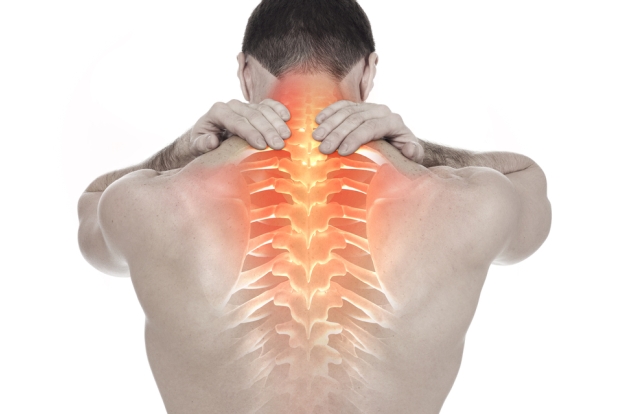Causes and symptoms of spinal cord compression
Apr 19, 2022
Spinal cord compression is a result of a condition which puts pressure upon our spinal cord. The spinal cord is a group of nerves which carries communication forth and back from our brain to the muscles & to other soft tissues too. The spinal cord travels down to our back. Hence, protected by a pile of backbones, known as vertebrae. They hold the body upright.

Causes of spinal cord compression
Osteoarthritis or the gradual wear and tear on bones of our spine is 1 of the most common reasons for spinal cord compression. Individuals suffer from spinal cord compression due to this reason are generally over 50 years of age.
Other conditions which can lead to spinal cord compression could develop faster or suddenly & may take place at any age:-
- Scoliosis or abnormal spine alignment
- Injury of spine
- Some bone diseases
- Spinal tumor
- Rheumatoid arthritis
- Infections
Symptoms of spinal cord compression
The symptoms of spinal cord compression may develop both quickly or slowly. It depends on the causes. Injuries can lead to immediate symptoms. Infections and tumors can lead to symptoms which develop across days or weeks. The wear & tear of spine could take years to result in the symptoms.
Symptoms:
- Stiffness & pain in neck, lower back or back
- Cramping, numbness or weakness in hands, arms or even legs
- Burning pain which spreads across the arms, or buttocks or down across the legs
- Loss of sensation in our feet
- Foot drop or weakness in a foot which results in limp
- Troubles with hand coordination &
- Loss of sexual ability
Pressure on the nerves in our lumbar area or lower back may also lead to more serious symptoms called CaudaEquina syndrome. If one has any or all the below mentioned symptoms, they are required to seek immediate medical assistance:
- Loss of bowel or bladder control
- Severe pain & weakness which spreads across 1 or both the legs, thus making it tough to walk or get up from a chair
- Increasing or severe numbness between inner thighs, legs & back of the legs









